 We’re excited to share the final list of our featured presenters in this year’s “D&D Showcase” — a highly anticipated, high-energy event held on the first night of the 2016 NCDD conference. The Showcase is a fun way for you to meet some of the movers-and-shakers in our field and learn about their leading-edge projects, programs and tools.
We’re excited to share the final list of our featured presenters in this year’s “D&D Showcase” — a highly anticipated, high-energy event held on the first night of the 2016 NCDD conference. The Showcase is a fun way for you to meet some of the movers-and-shakers in our field and learn about their leading-edge projects, programs and tools.
Showcase presenters are asked to prepare a brief spiel to use as a conversation starter during this un-timed session, to provide handouts so you can follow up after the conference, and to prepare an eye-catching poster so people can easily identify their topic. More about how the Showcase works is up at www.ncdd.org/15606.
Assessing Civic Engagement Needs
Susan Jeghelian, Executive Director and Madhawa Palihapitiya, Associate Director, MA Office of Public Collaboration
A recent legislative study by MOPC, the MA state dispute resolution agency, assessed civic engagement needs around destructive public conflict in local communities and provided policy recommendations to the Commonwealth of Massachusetts for improved societal results.
Citizen Science
Chris Santos-Lang, Facilitator, Citizen Science Belleville
The most famous use of citizen science may have been to instigate reform of the Flint, Michigan, water supply. As science advances–especially science of the mind, of values, and of the divide–so does the importance of this form of dialog.
Conversation Café
Keiva Hummel, Conversation Café Coordinator, National Coalition for Dialogue & Deliberation
Conversation Cafés are 90-minute hosted conversations, held in a public setting like a café, where anyone is welcome to join. A simple format helps people feel at ease and gives everyone who wants it a chance to speak.
CU Dialogues Program
Pilar Prostko, Program Coordinator/Facilitator, University of Colorado Boulder
The CU Dialogues Program facilitates dialogues that engage diverse members of the University community in honest conversation with one another across differences of all kinds. The Program also offers a 3-credit undergraduate course, “Dialogue Across Difference,” which offers students the opportunity to learn what dialogue entails, practice dialogue, and be trained as dialogue facilitators.
Dialogue Playing Cards
Peter Nixon, Founder, Potential Dialogue
Dialogue Playing Cards are regular playing cards featuring a different dialogue behavior on each card. They are great for stimulating discussion on ways to improve dialogue in teams and organizations as well as teaching and training dialogue to people of all ages, in families, schools, university and business.
Drawing Lines
Lynn Osgood, Principal, GO Collaborative
The Drawing Lines project was an arts-based civic engagement project funded by ArtPlace America, that asked the question – what role can the arts play in the context of historic political change? What emerged was a spectrum on arts-based engagement projects and a LOT of lessons learned on how to administrate such projects.
Harwood Institute
Marla Crockett, Certified Coach, The Harwood Institute
Learn about The Harwood Institute’s Turning Outward approach and how to develop a deep knowledge of your community and use it as a reference point to make better choices and judgments. Find out how you can be trained in this approach and deepen your impact.
Jack P. Blaney Award for Dialogue
Robin Prest, Program Director, Simon Fraser University’s Centre for Dialogue
Know someone who has demonstrated, internationally, excellence in the use of dialogue? Simon Fraser University’s Centre for Dialogue is now accepting nominations for the 2017/18 Jack P. Blaney Award for Dialogue, and would love to hear your suggestions.
Journal of Public Deliberation
Laura Black, Associate Professor, Ohio University
JPD is a place for NCDDers to find published research on tools and methods and to potentially publish reflections from their practices. Large System Change Steve Waddell Principal NetworkingAction Large systems change (LSC) is a new field of knowledge and action. It engages many, many people and organizations over significant geographic expanse; it addresses issues in need of transformation and radical change.
Learning to Deliberate
Katy Harriger, Professor and Department Chair, Dept. of Politics and International Affairs
At Wake Forest we have just completed a study of the long term impact of learning to deliberate (to be published by the Kettering Foundation this fall as a monograph). We incorporated deliberative dialogue into our first year experience course for new students and have used it to discuss issues of diversity and inclusion on campus.
Let’s Talk About It
John Ungerleider, Professor, SIT Graduate Institute
“Let’s Talk About It: A Guide to Leading Youth Dialogue” presents dialogue principles, structures, and activities that can help a facilitator of youth dialogue prepare to deepen participants’ positive experience. The short manual presents simple steps of youth dialogue planning and design, communication training for participants, and effective facilitation–with explanations of rationale behind approaches, and examples that have been tested in years of multicultural youth empowerment programs at the School for International Training.
Liberals Guide to Conservatives
J. Scott Wagner, Founder, Reach the Right
Working with the world’s leading academic experts on ideology, J. Scott Wagner has written an informal, inspirational, story-filled guide that wends its way through neurology, personality, and biases to help us understand and work well with each other.
Loomio
MJ Kaplan, Lead for US Growth, Loomio
Loomio is open source software that enables inclusive, collaborative decisions for groups in 110 countries globally – in and across communities, universities, governments, businesses and networks. Loomio is a social enterprise and a worker owned cooperative. Loomio’s innovative, flat structure is a leading model of emerging workplaces that are more creative, engaging and productive.
NarraFirma: Story Project Software
Cynthia Kurtz, Independent Consultant and Researcher
NarraFirma is open source companion software to the textbook “Working with Stories in Your Community or Organization“. NarraFirma helps your group collaboratively plan a story project, collect stories, ask questions about them, look for patterns in what you’ve collected, plan workshops, and reflect on what you’ve learned.
National Dialogue Network
John Spady, Founder, National Dialogue Network
NDN is the recipient of the 2012 Catalyst Award from NCDD. Come and learn about the $20,000 available in grants to all NCDD members. NDN seeks to coordinate collaborative local conversations into mindful national dialogue.
Participedia
Pat Scully, Managing Director, Participedia
The Participedia Project is an open-source, global research partnership whose primary goals are to map and make sense of the growing universe of new channels of citizen involvement in government and other forms of public problem solving. Anyone can join the Participedia community and help crowdsource, catalogue, and compare participatory political processes around the world. In addition to our Showcase, we will also make available a brief online survey for conference participants who would like to share their ideas about how the information we are gathering can best inform and support the work of practitioners in the field of dialogue and deliberation.
The Peacebuilding Process of Reconciliation
Virginia Swain, Founder and Director, Institute for Global Leadership
PPR is an approach and practice that is uniquely inclusive, visionary, reflective and restorative–healing the cycle of violence through inner governance, re-envisioning the common humanity of perpetrators and victims, socially responsible action that transcends self-interest, and mobilizing the will of the people for common issues.
PlaceSpeak
Colleen Hardwick, Founder and CEO, PlaceSpeak
How do you consult with people online within specific geographical boundaries… and prove it? The answer is PlaceSpeak, a pioneering location-based smart city civic engagement platform. Currently, online citizen engagement is anonymous and not tied to place. This has led to the proliferation of trolls, sock puppets, astroturfing and other forms of online dysfunction designed to skew and distort public opinion. PlaceSpeak’s vision is to improve the quality and legitimacy of decision-making and public policy development by modernizing authentication of digital identity, protecting privacy by design and ‘making it real’.
SmartParticipation
Joshua Brooks, e-Government Fellow, and Brian Post, Lead Technologist, CeRI (Cornell e-Rulemaking Initiative), Cornell Law School
SmartParticipation, developed by Cornell University, is an innovative and adaptable platform for informed, inclusive and insightful online discussion. Now open source.
The Civility Scorecard
Russ Charvonia, President, National Civility Center
The Civility Center has developed this Scorecard to aid in evaluating the degree of civility in speeches. Just in time for the US Presidential Election!
Transpartisan Review
Jim Turner, Attorney/Partner, Swankin and Turner
Launching alongside the 2017 Presidential Inauguration, The Transpartisan Review will be an online journal promoting new ideas in political engagement and exploring ways to bring people together who are now in conflict to solve problems that otherwise seem insoluble. Learn more at www.transpartisanreview.com.
Trusted Sharing
Ruth Backstrom, Director of Marketing & Outreach, Trusted Sharing
Trusted Sharing is a set of online tools and spaces for hosting deeper conversations using specific facilitation methods.

 This first podcast episode features a conversation between NCDD Board Chair Barbara Simonetti and me, NCDD’s new Managing Director. In the episode, Barb shares a powerful metaphor she came upon during her time at the conference that compares the D&D field to a multi-purpose public utility or smart grid, and we discuss other ways we’ve described the NCDD community in the past. We had an insightful conversation about thinking of our field as a generative network and what that means for opportunities that the network has going forward. We think will be good food for thought for many of our members!
This first podcast episode features a conversation between NCDD Board Chair Barbara Simonetti and me, NCDD’s new Managing Director. In the episode, Barb shares a powerful metaphor she came upon during her time at the conference that compares the D&D field to a multi-purpose public utility or smart grid, and we discuss other ways we’ve described the NCDD community in the past. We had an insightful conversation about thinking of our field as a generative network and what that means for opportunities that the network has going forward. We think will be good food for thought for many of our members!


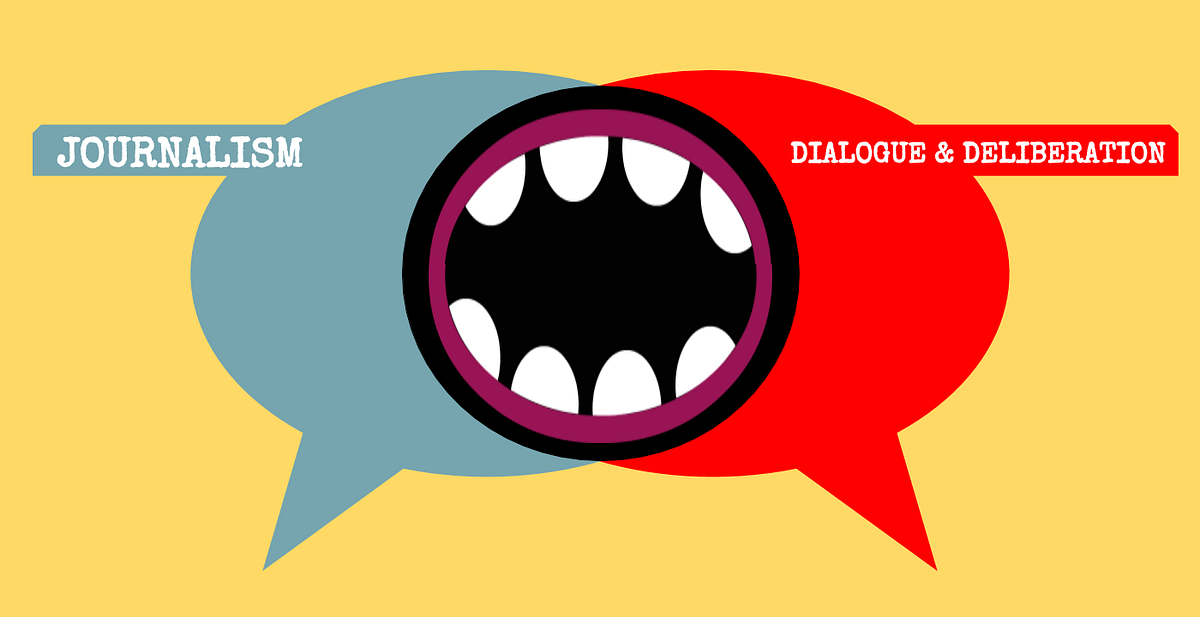 LET’S GET IT STARTED
LET’S GET IT STARTED

 NCDD conferences are always an in-person reminder of just how broad and powerful this field is. We are truly honored to be working to support our network and the important work you do. We will continue to share more in-depth updates on specific outcomes and next steps that emerged from the conference over the next weeks, so continue to check back here on the news blog for more.
NCDD conferences are always an in-person reminder of just how broad and powerful this field is. We are truly honored to be working to support our network and the important work you do. We will continue to share more in-depth updates on specific outcomes and next steps that emerged from the conference over the next weeks, so continue to check back here on the news blog for more.


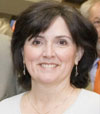 Betty Knighton, Director of the West Virginia Center for Civic Life
Betty Knighton, Director of the West Virginia Center for Civic Life Shari Davis, Director of Strategic Initiatives at the Participatory Budgeting Project
Shari Davis, Director of Strategic Initiatives at the Participatory Budgeting Project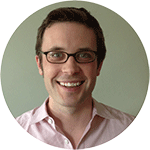 Kyle Bozentko. Executive Director of the Jefferson Center
Kyle Bozentko. Executive Director of the Jefferson Center Carolyn Lukensmeyer, Executive Director of the National Institute for Civil Discourse
Carolyn Lukensmeyer, Executive Director of the National Institute for Civil Discourse
 India L. Gerald, Program Supervisor at Roxbury’s Youth and Police in Partnerships
India L. Gerald, Program Supervisor at Roxbury’s Youth and Police in Partnerships Robert Daum, Ph.D., Board of Directors of Reconciliation Canada
Robert Daum, Ph.D., Board of Directors of Reconciliation Canada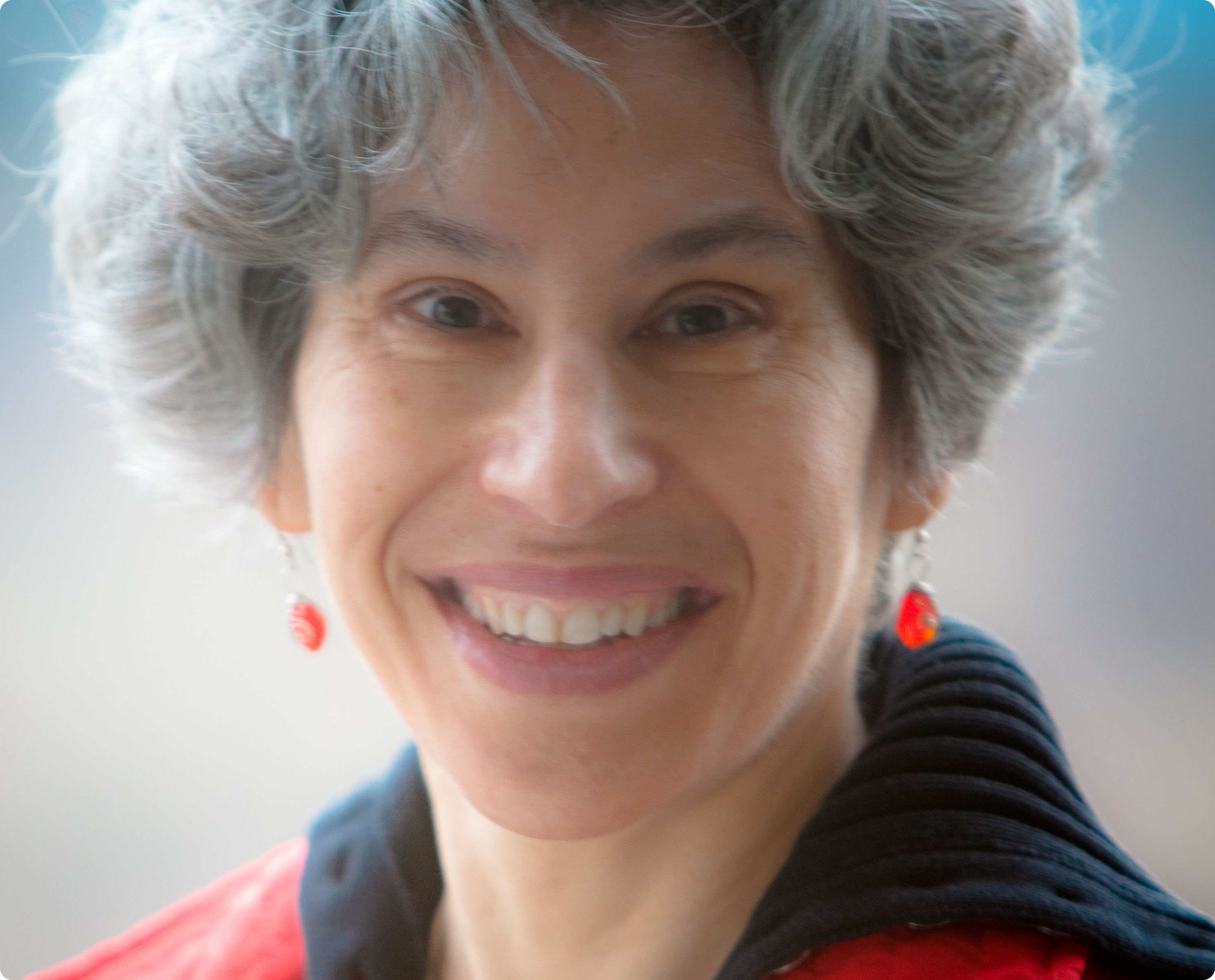 Peggy Holman (moderator), Co-Founder of Journalism That Matters
Peggy Holman (moderator), Co-Founder of Journalism That Matters
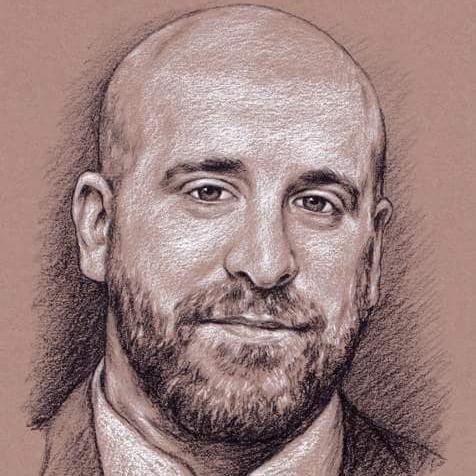 Chris Faraone, Co-Founder of the Boston Institute for Nonprofit Journalism
Chris Faraone, Co-Founder of the Boston Institute for Nonprofit Journalism
 Ellen Mayer, Community Manager, Hearken
Ellen Mayer, Community Manager, Hearken Michelle Ferrier, Ph.D., E.W. Scripps School of Journalism, Ohio University
Michelle Ferrier, Ph.D., E.W. Scripps School of Journalism, Ohio University Mark Gerzon (moderator), President of Mediators Foundation
Mark Gerzon (moderator), President of Mediators Foundation Kahlil Byrd, Forward Progress in Politics
Kahlil Byrd, Forward Progress in Politics
 David Nevins, Bridge Alliance
David Nevins, Bridge Alliance Leslie Pine, The Philanthropic Initiative
Leslie Pine, The Philanthropic Initiative We’re excited to share the final list of our featured presenters in this year’s “D&D Showcase” — a highly anticipated, high-energy event held on the first night of the
We’re excited to share the final list of our featured presenters in this year’s “D&D Showcase” — a highly anticipated, high-energy event held on the first night of the